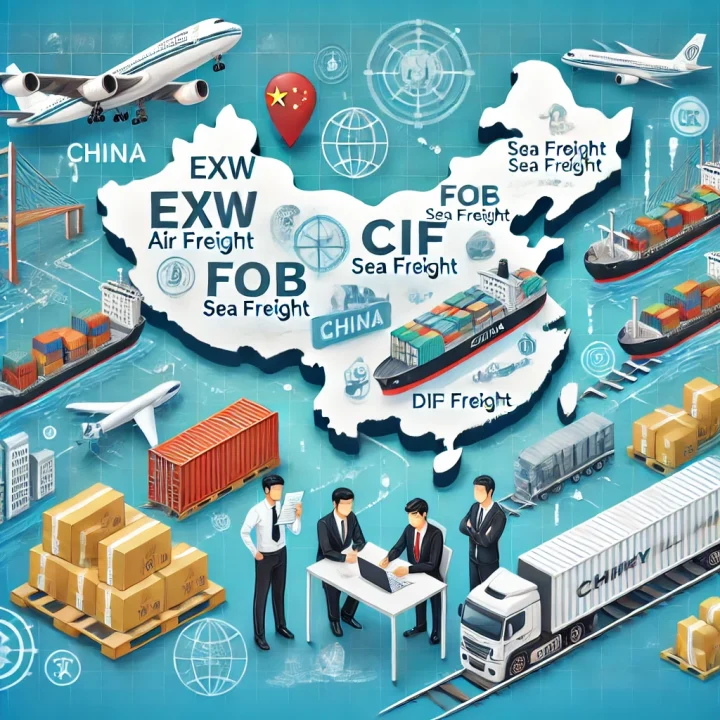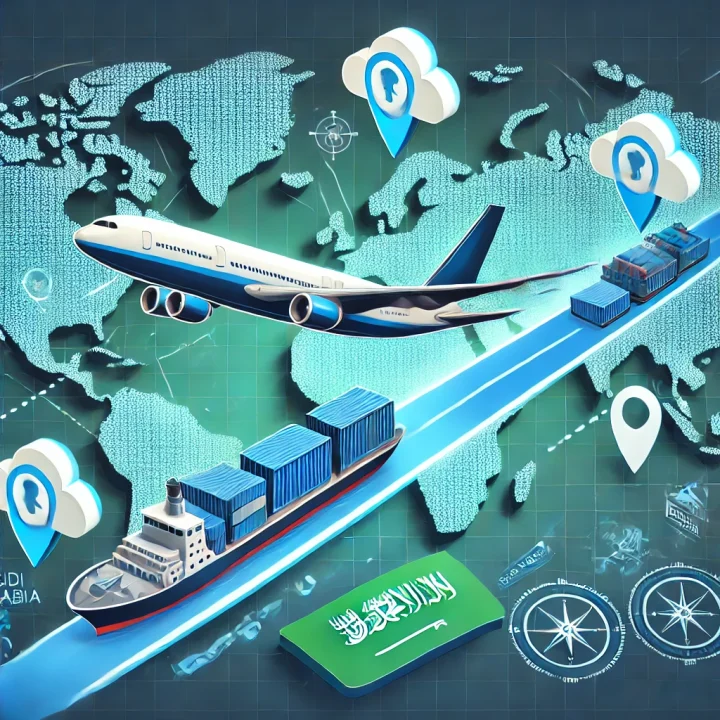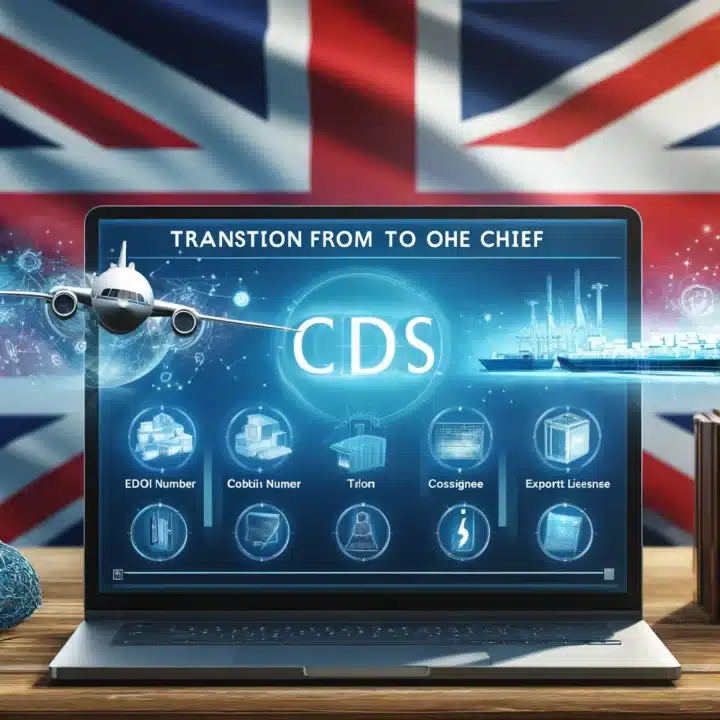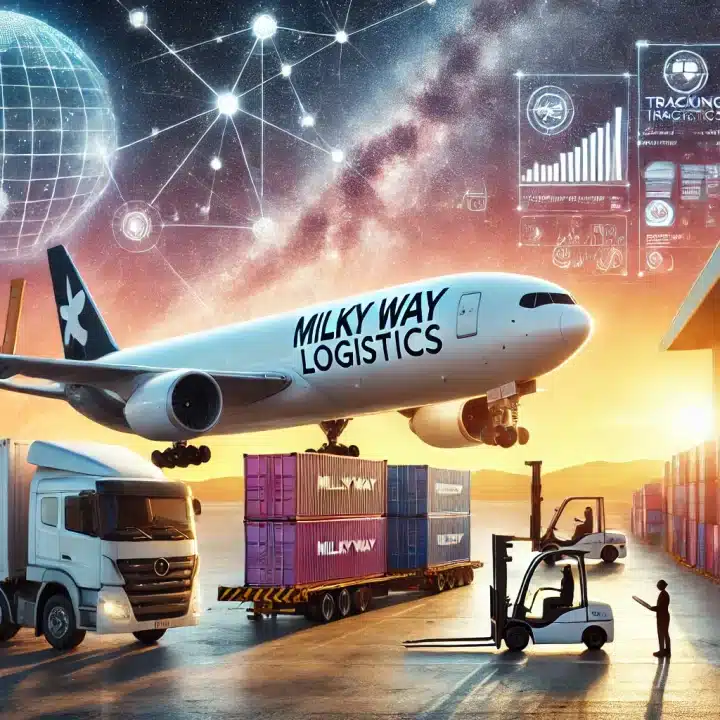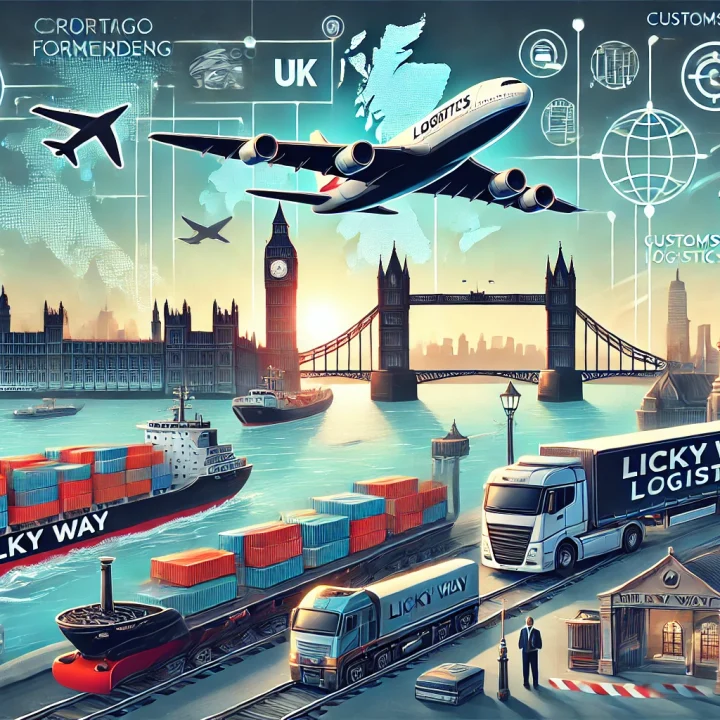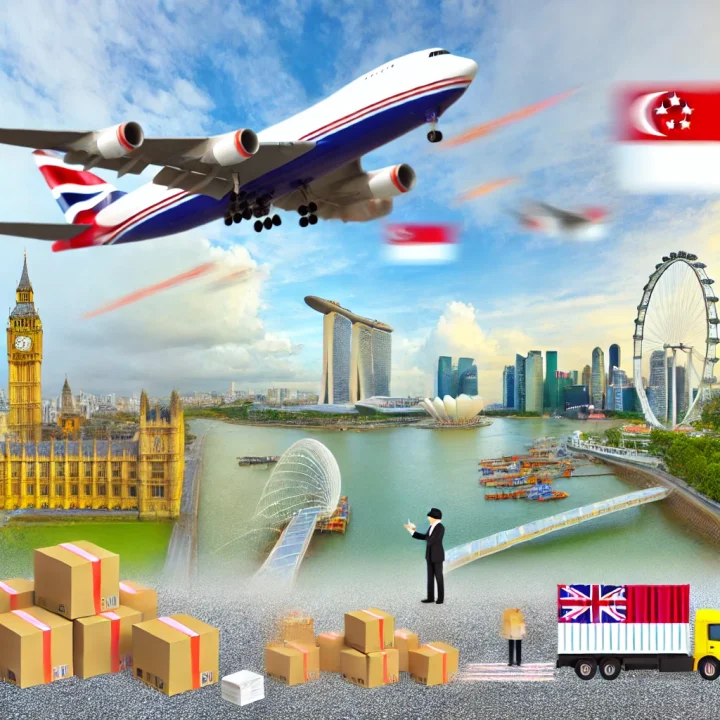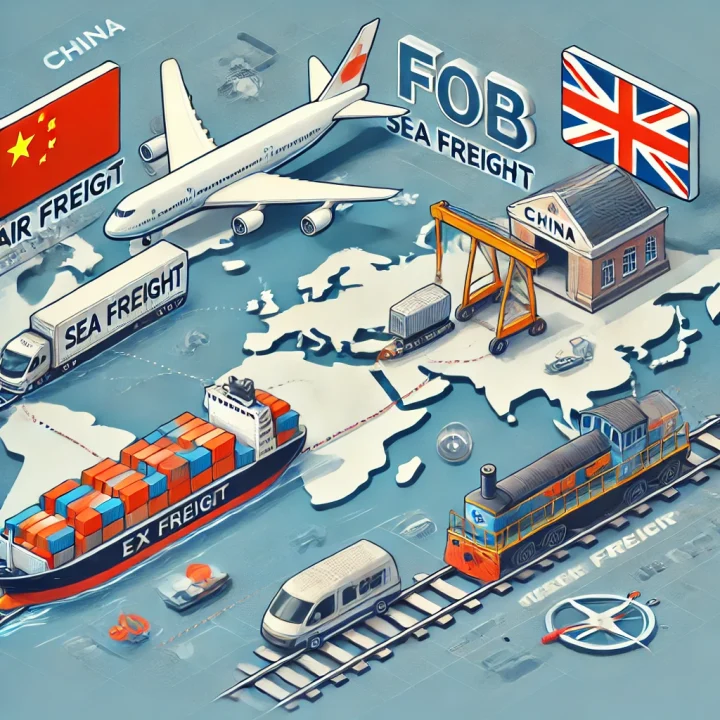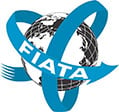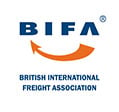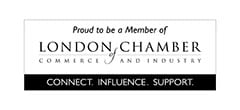What is the Custom Clearance Procedure in the UK?
When engaging in international trade, one of the most critical processes you’ll encounter is custom clearance. Whether you’re importing goods into the UK or exporting them abroad, understanding the custom clearance procedure is essential for ensuring smooth and compliant operations. In this blog, we’ll explore the custom clearance process in the UK, focusing on both import and export scenarios, the importance of an EORI number, different types of customs representation, and the necessary documentation required to navigate this process successfully.
Understanding Custom Clearance
Custom clearance refers to the process of passing goods through customs so they can enter or leave a country. In the UK, this process involves several steps, including declaring the goods, paying any applicable duties and taxes, and obtaining the necessary clearance from HM Revenue and Customs (HMRC). Whether you’re dealing with imports or exports, complying with the custom clearance procedures is mandatory to avoid delays, fines, or the seizure of goods.
Custom Clearance for Imports
When importing goods into the UK, the custom clearance process involves several key steps:
- Declaration: Before your goods arrive in the UK, you must submit a customs declaration to HMRC. This declaration includes detailed information about the goods, such as their classification, value, origin, and intended use.
- Duties and Taxes: Depending on the nature of the goods, you may be required to pay import duties and VAT. The amount of duty depends on the classification of the goods under the UK Global Tariff. VAT is usually calculated based on the cost of the goods, including any import duties.
- Inspection: In some cases, your goods may be selected for inspection by customs officials. This is to ensure that the goods match the declaration and comply with UK regulations.
- Release: Once the duties and taxes have been paid, and the goods have passed any inspections, they will be cleared by customs and released for delivery to their final destination.
Custom Clearance for Exports
Exporting goods from the UK also requires following the custom clearance process. The steps include:
- Declaration: Similar to imports, exporting goods requires a customs declaration. This document provides HMRC with information about the goods, their destination, and their value.
- Export License: Depending on the nature of the goods and the destination country, you may need to obtain an export license before shipping the goods.
- Compliance with Destination Country Regulations: It’s essential to ensure that your goods comply with the import regulations of the destination country. This may include providing certificates of origin, product standards compliance, and other necessary documentation.
- Export Duty: While the UK generally does not impose export duties, it’s important to check if the destination country imposes any import duties or taxes that could affect your shipment.
The Importance of an EORI Number
An Economic Operator Registration and Identification (EORI) number is a unique identifier used by businesses to interact with customs authorities across the EU and the UK. If your business is involved in importing or exporting goods, you must have an EORI number. Without it, you cannot make customs declarations, which means your goods won’t be able to move in or out of the UK.
To obtain an EORI number, you can apply online through the HMRC website. It’s important to note that businesses based outside the UK will need a UK EORI number to import goods into the UK.
Types of Customs Representation
When dealing with custom clearance, businesses have two main options for representation:
- Direct Representation: In this case, the customs agent acts in the name of the business and on its behalf. The business is fully liable for all the customs obligations.
- Indirect Representation: Here, the customs agent acts in their own name but on behalf of the business. Both the agent and the business are jointly liable for the customs obligations.
Choosing the right type of representation depends on your business’s needs and the level of control and liability you’re comfortable with. Many businesses prefer to use a customs broker or freight forwarder to handle the custom clearance process, as it can be complex and time-consuming.
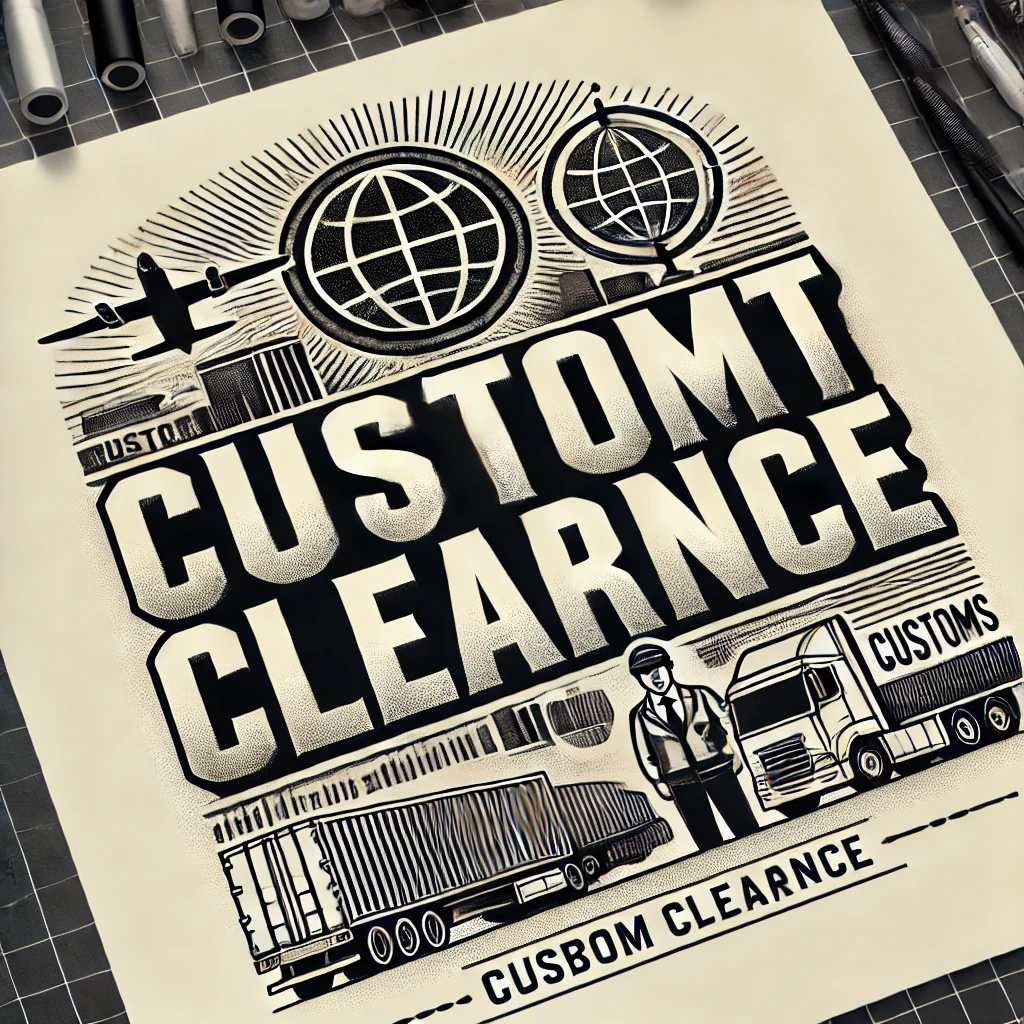
Custom Clearance Procedure
Necessary Documentation for Custom Clearance
To successfully navigate the custom clearance process, you must provide various documents, including:
- Commercial Invoice: Details the transaction between the buyer and the seller, including the price, terms of sale, and description of the goods.
- Packing List: Lists the contents of the shipment, including the weight, dimensions, and packaging details.
- Bill of Lading or Airway Bill: A contract between the shipper and the carrier detailing the shipment’s journey.
- Certificates of Origin: Certifies where the goods were produced, which can affect the duties payable.
- Import/Export License: Required for certain goods subject to trade controls.
- EORI Number: As mentioned earlier, this is required for any customs declarations.
Conclusion
Navigating the custom clearance process in the UK can seem daunting, but with a solid understanding of the procedures, necessary documentation, and the importance of an EORI number, you can ensure your goods move smoothly across borders. Whether you’re importing or exporting, compliance with the UK’s custom clearance regulations is crucial for avoiding delays and ensuring successful international trade operations.
For businesses looking to streamline their customs processes, partnering with a knowledgeable logistics provider like Milky Way Logistics can make all the difference. We offer expert custom clearance services to ensure your goods reach their destination efficiently and compliantly.
